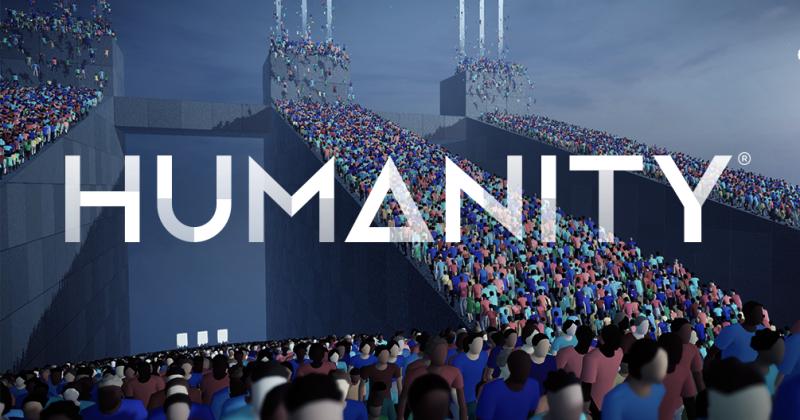he first station applies to the earthquake that struck the Earth and humans, destroyed numerous facilities, and killed many innocent people, at a time when it also shook sentimental feelings among people. Consequently, these people brushed aside political rivalries and ethnic differences, as they flocked to help the suffering people who were still under the rubble. Members of Jordan's Civil Defence Directorate rushed to help their brethren, a step concomitant with official visits paid to Syria. The Churches also collected sums of money, especially during donations on Blessed Sundays in order to provide relief to their brethren in fraternal Syria. Caritas Jordan and other charity associations sent humanitarian aid. How beautiful is humanity when it expresses its rejection of revenge and rushes in complete siding with an extension of love and relief.
The second stop is relevant to Gaza. In bleeding Gaza there is creativity because the BBC station has screened a young man who collects materials thrown in trash bins and on the side of the roads while he transforms them into useful things. This young man said that "we are realizing our dreams even if the siege that has been in place for 15 years is still in place." What is important in this regard is that the dream is still a human right. He added, "By the process of recycling these matters, I say that we can also recycle our dreams by transforming them from miserable ones, or sometimes failed ones, into new renewable and achievable dreams which forestall all impediments as there are no impediments in the face of those who fear the Almighty God." It is also an endless Palestinian excellence to the extent that a young man in the Aida Refugee Camp in Bethlehem used to transform the tear gas bombs that fell on his camp and his house into decoration accessories.
As for the third station, it is related to a diasporic young mother who returned to Amman, seeking treatment in her country, after she was diagnosed with cancer at a time when her case calls for long-term and expensive treatment. Consequently, her brother and relatives stayed at the main entrance of the Sacred Heart of Jesus Church in Tal' Al-Ali and sought charitable assistance. Once the priest announced that there was a need to help this young woman--without mentioning her name-- the people rushed to donate whatever they could for this lady. Humanity can only remain alive in the hearts and consciences of people who still love and support their fellow brethren, even though they often do not know them in person.
As for the fourth station, during the current Lenten Season of fasting which is observed by Christians, initiatives have been launched in every Church to collect the value of what persons abstain from eating so as to donate it to fellow brethren. It is said that the value of whatever one abstains from eating during the Lenten Season actually belongs to one's brethren and relatives. That is why elderly and young people take cash boxes home. There is a great demand by people to acquire such cash boxes. Persons who save money in cash boxes do not know where the donated money is channeled, but they know that whatever is saved with love will find its way to recipients who are needy and poor as well as to everyone who suffers from all the prevailing agony and seek such help that serves a bulwark against shortages in life needs.
And we come to the fifth station, it is dedicated to the children who grow long hair so as to donate it for the manufacture of “wigs” especially for children suffering from cancer, whose hair falls out due to chemotherapy treatment. Therefore, this is also a humanitarian matter that we stop at as a station of love and self-sacrifice on which young and pure-hearted children are brought up. May the Lord increase such initiatives so that we may always be assured of the well-being of humans and humanity. This situation coincides with the term "Goodness still prevails in this world."
